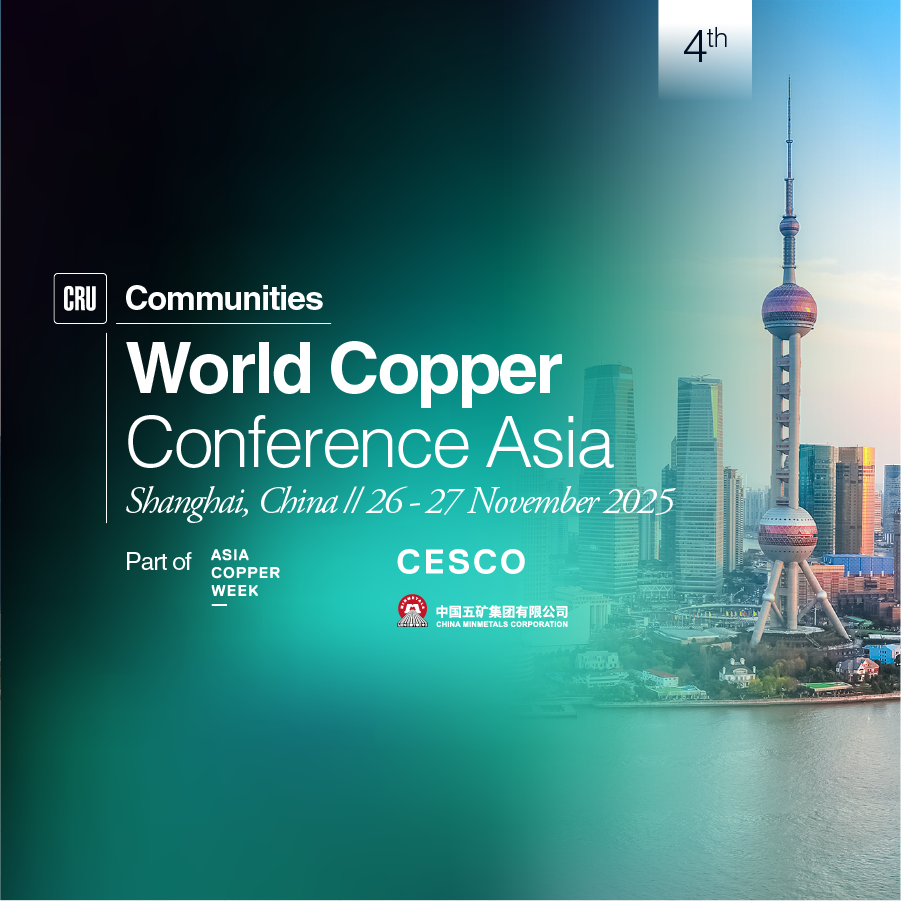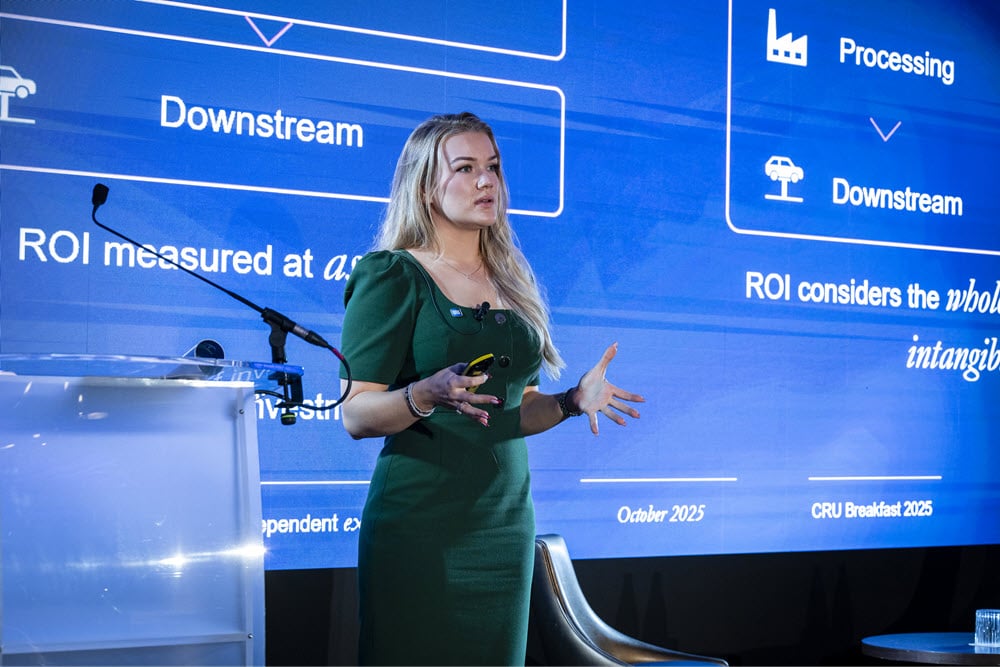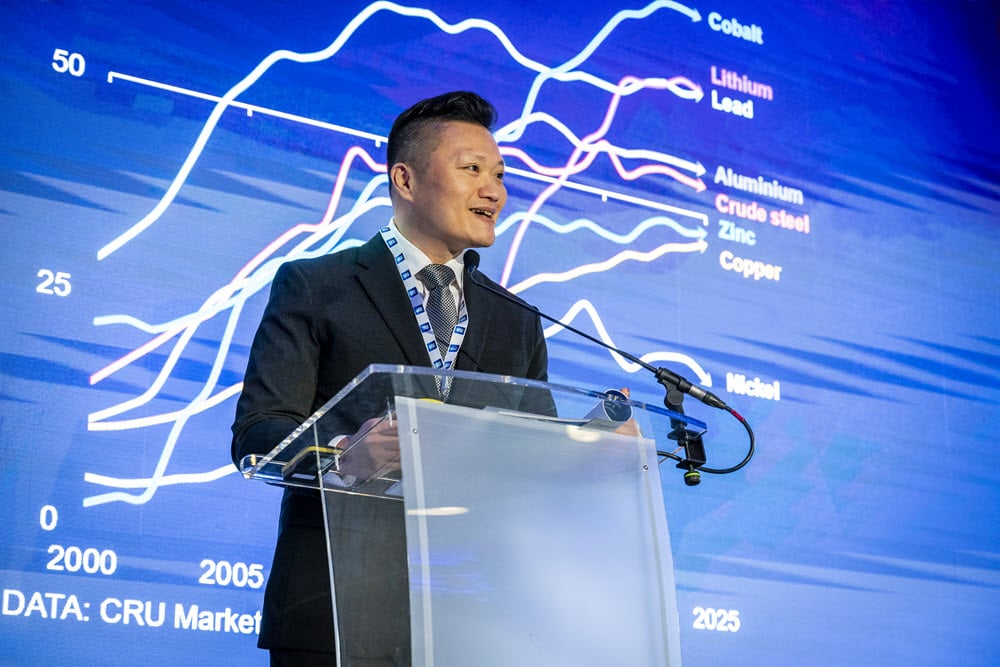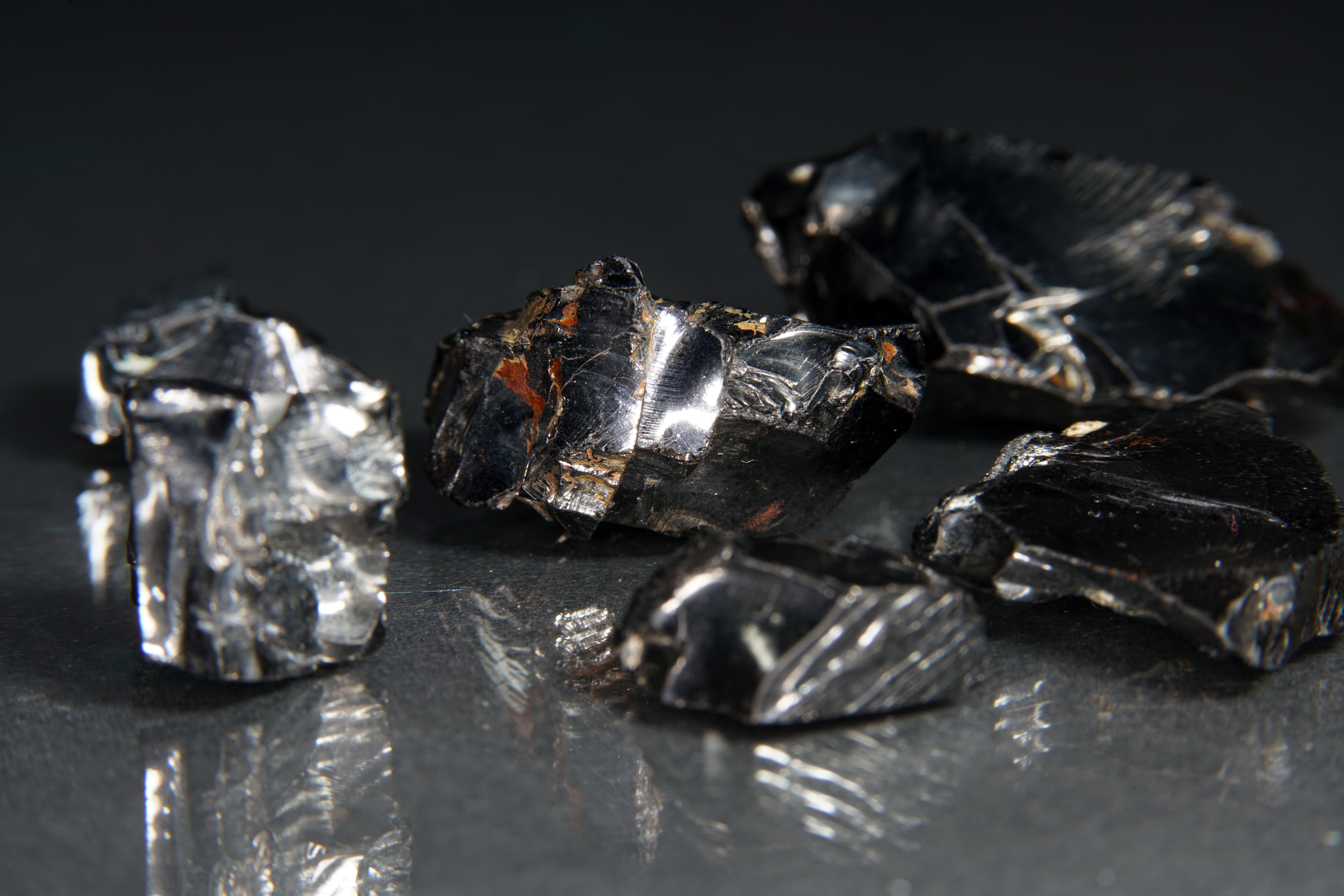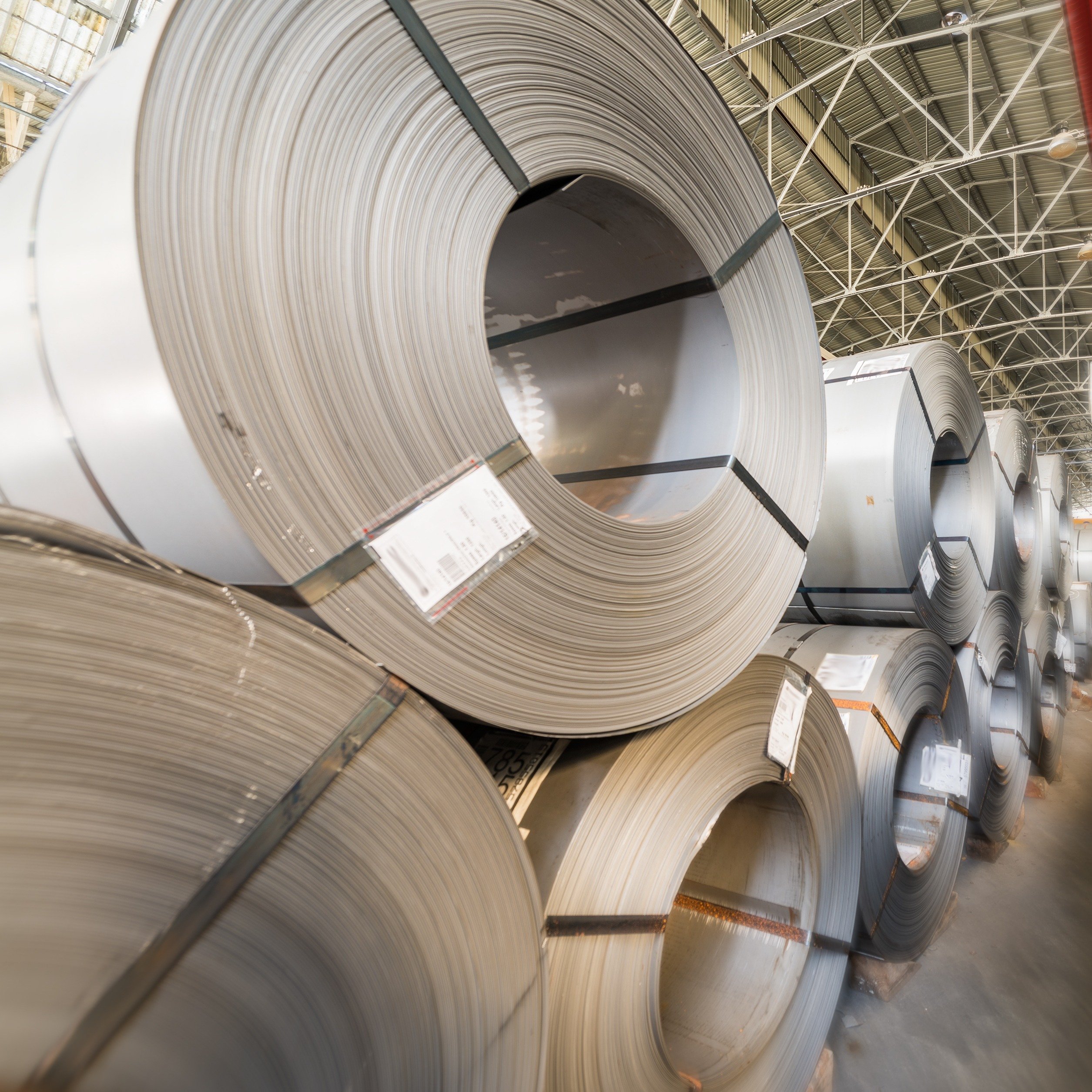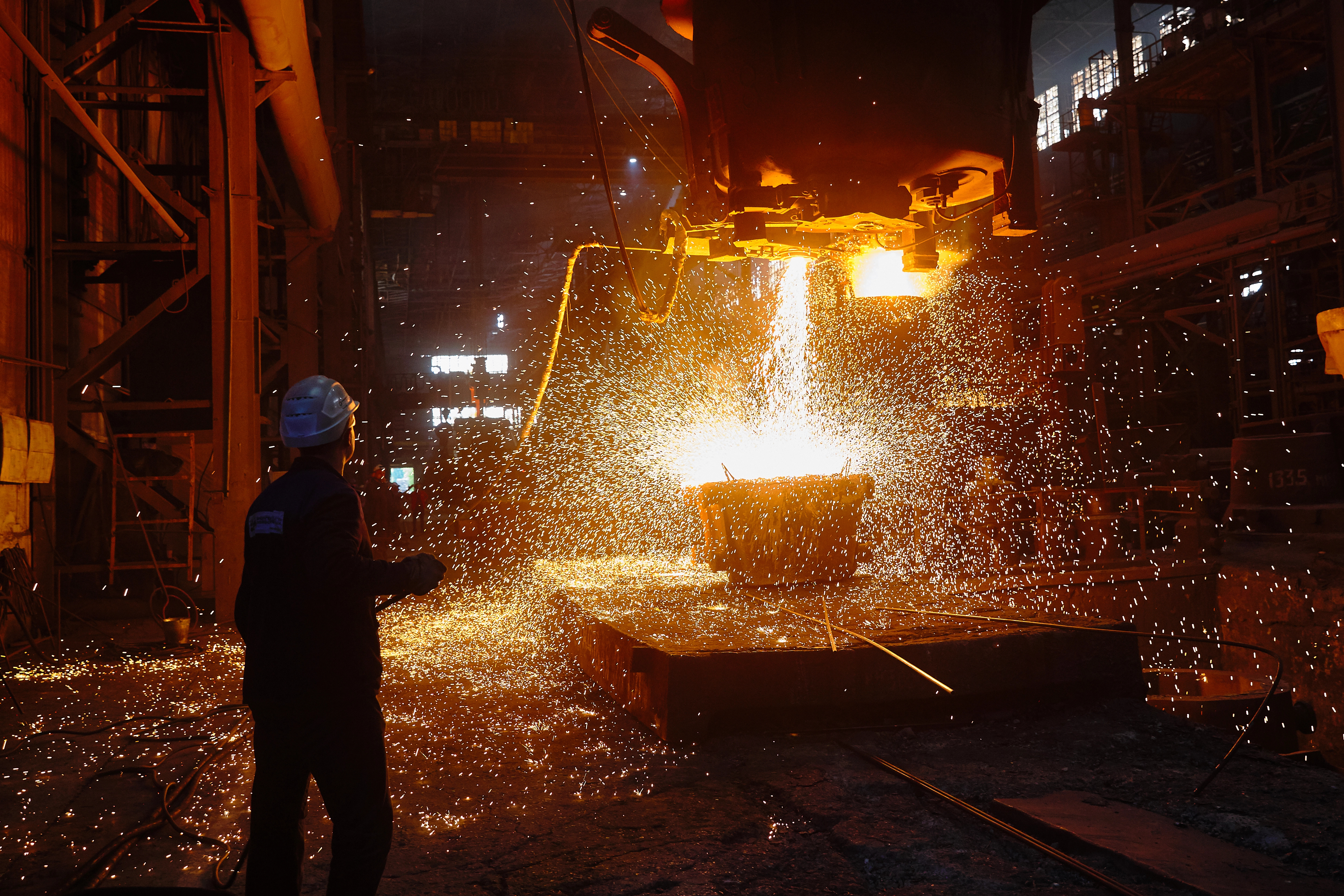EU probe accelerates Chinese automakers’ strategic shift to Thailand
China surpassed both Germany and Japan early this year to emerge as the world’s leading car exporter. Its global market share is set to grow further. This ascendancy highlights two trends: the imbalance between domestic Chinese production and sales, and the rise of Battery Electric Vehicles (BEVs). Although ICE cars remain a majority of Chinese exports, BEVs are swiftly gaining share, accounting for 36% of total exports YTD (8M).
While Japanese manufacturers remain reluctant to embrace EVs, China is strategically extending its influence within its domain and into the ASEAN region, especially Thailand, a market dominated by Japanese automakers for decades.
Thailand has witnessed a staggering 594% y/y growth in BEV sales in the initial seven months of this year. More importantly, the market surpassed the pivotal 5% adoption level for two consecutive quarters (11.4% in 2023 Q2), marking an inflection point observed in other industries and major BEV markets, the US being a notable exception with its slower adoption trajectory.
Thailand, the second-largest ASEAN sales market after Indonesia, is leveraging its well-established supply chain, skilled workforce, and extensive components network built for Japanese automakers. The government's '30.30' policy, aiming for EVs to constitute 30% of all domestically produced vehicles by 2030, coupled with extensive incentive packages, exemplifies a staunch commitment to advancing the EV industry. A noteworthy initiative is the grant of substantial cash subsidies, ranging from THB70,000 ($1,946) to 150,000 ($4,170) per EV sold between 2022 and 2025. There is also a provision for up to a 40% reduction in import duty for EVs, complemented by a cut in excise tax from 8% to 2% for imported EVs. However, the Thai authorities are also keen to stimulate inward investment into domestic EV production. The cash subsidies come with the stipulation that automakers are anticipated to balance imported models with a local production ratio of 1:1 by 2024. Should this not be met, the ratio will be adjusted to 1:1.5. Additionally, the Thai government provides tax incentives to encourage participation in the local BEV production industry. These policies mimic China's past subsidies for the EV sector, indicating a trajectory of sustained high growth. The competitive and regulatory landscapes in China have spurred Chinese EV manufacturers to consider expanding into Thailand.
With the EU’s anti-subsidy probe into Chinese EVs underway, Thailand and ASEAN at large are poised to evolve into major export hubs for Chinese automakers. The Thai market, although dominated by Japanese brands, offers a conducive environment for Chinese brands, marked by fewer entry barriers, consumer preference for affordability, and a minimal cultural gap.
The resumption of Free Trade Agreement negotiations between Thailand and the EU, coupled with Thailand’s rising Foreign Direct Investments, especially from China, paves the way for extensive production and sale of EVs by leading Chinese automakers like Great Wall Motor, BYD, GAC Aion, Chery, Hozon New Energy Automobile and Changan Automobile in the region. This positioning may serve as a strategic detour for Chinese automakers should the EU impose tariffs on Chinese-made EVs.
There would be a historical precedent for this kind of out-sourcing driven by trade restrictions. In 2012 the US introduced tariffs against Chinese solar PV panels. As a result, Chinese solar producers outsourced the assembly of solar modules – the last part of the value chain – to Vietnam and other ASEAN countries with more favourable trade relationships with the US.
Whether Thailand becomes a successful base for Chinese OEMs to export from will depend on the depth of any European trade restrictions. If the ultimate aim is to encourage production of EVs in Europe, policy makers may search for ways to target Chinese value added embodied in EV exports from third countries – such as Thailand. For example, the US Uyghur Forced Labour Prevention Act (UFLPA), which requires importers to prove their entire value chain is free of Uyghur forced labour, has now caused problems for many importers of solar panels into the US.




